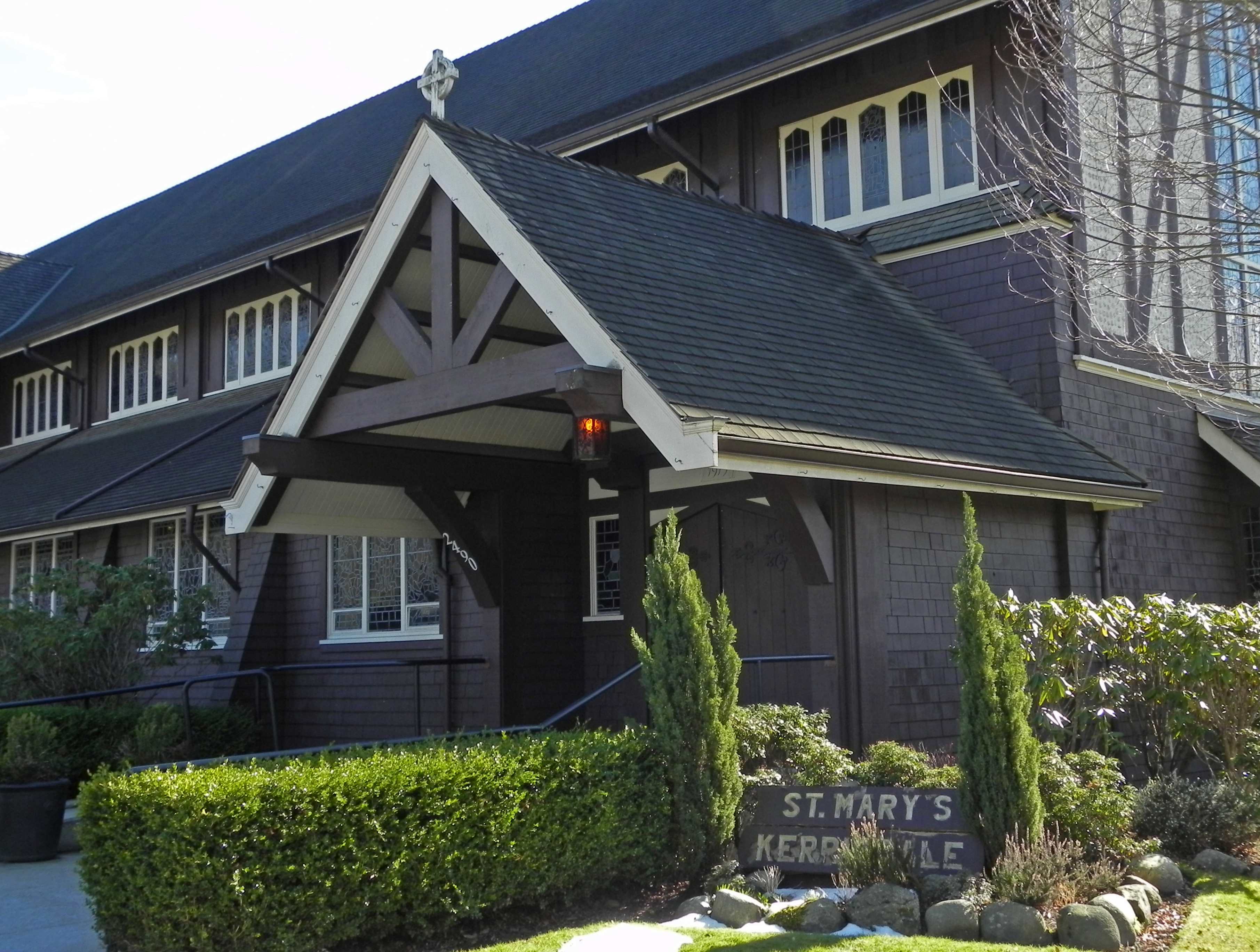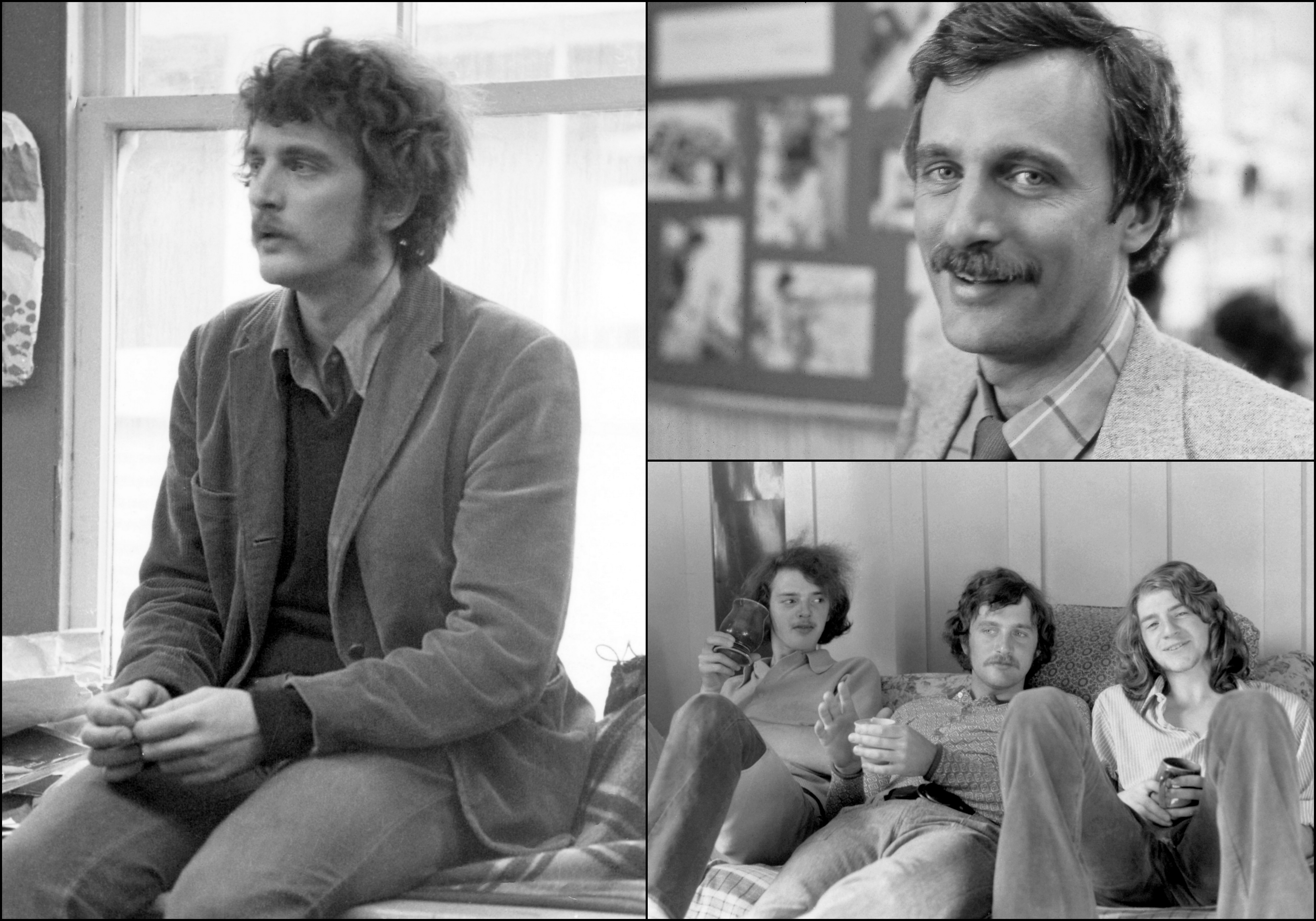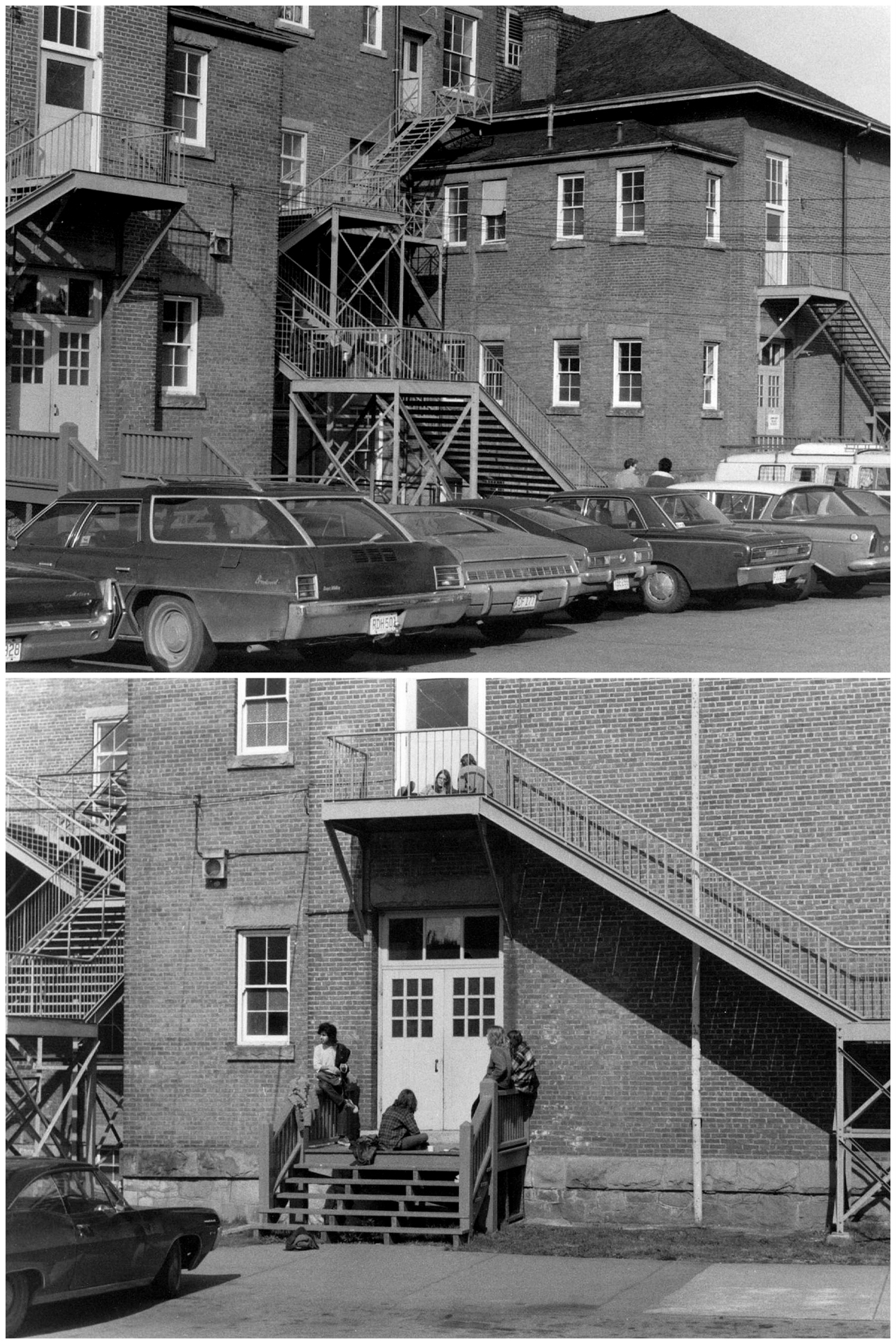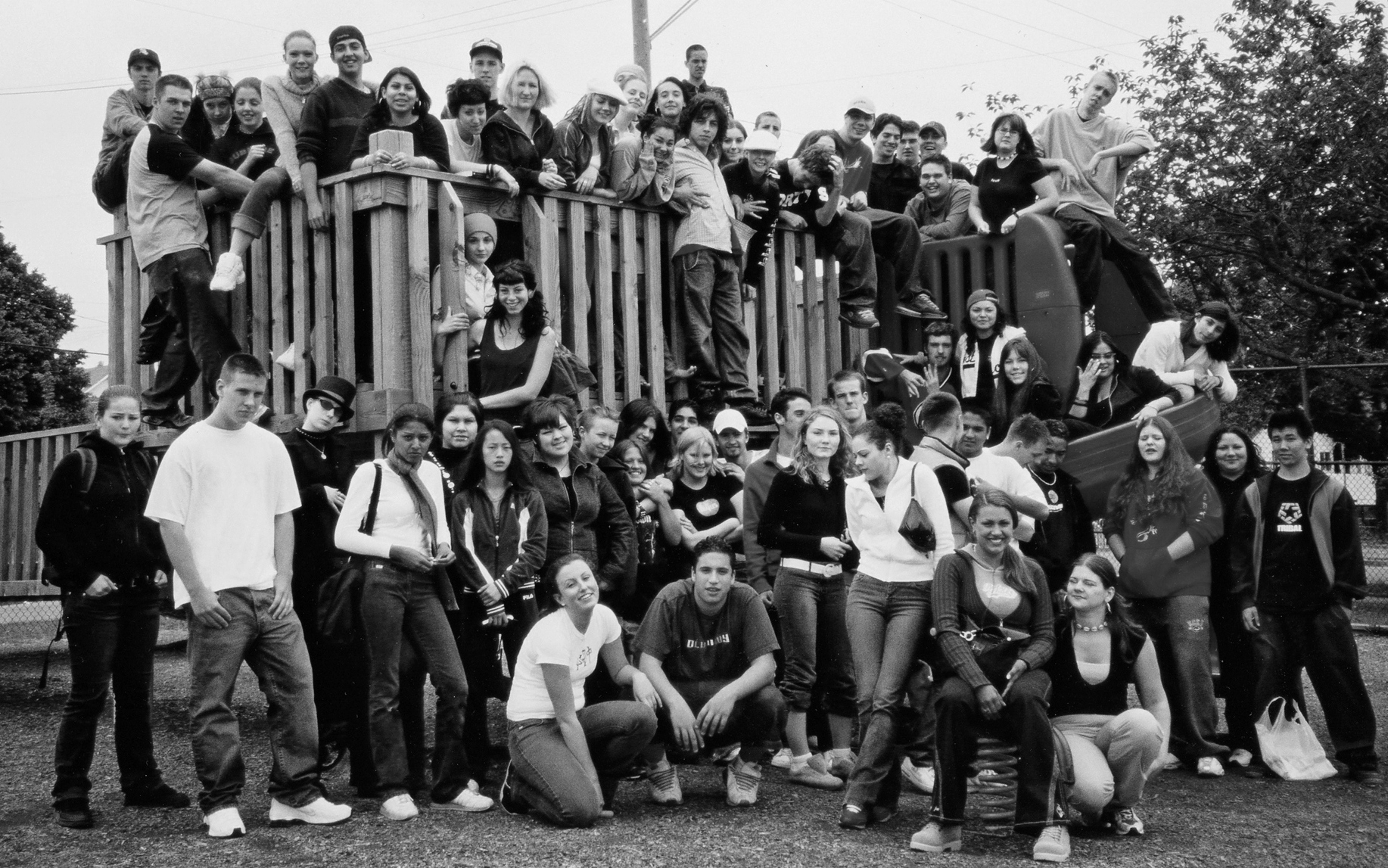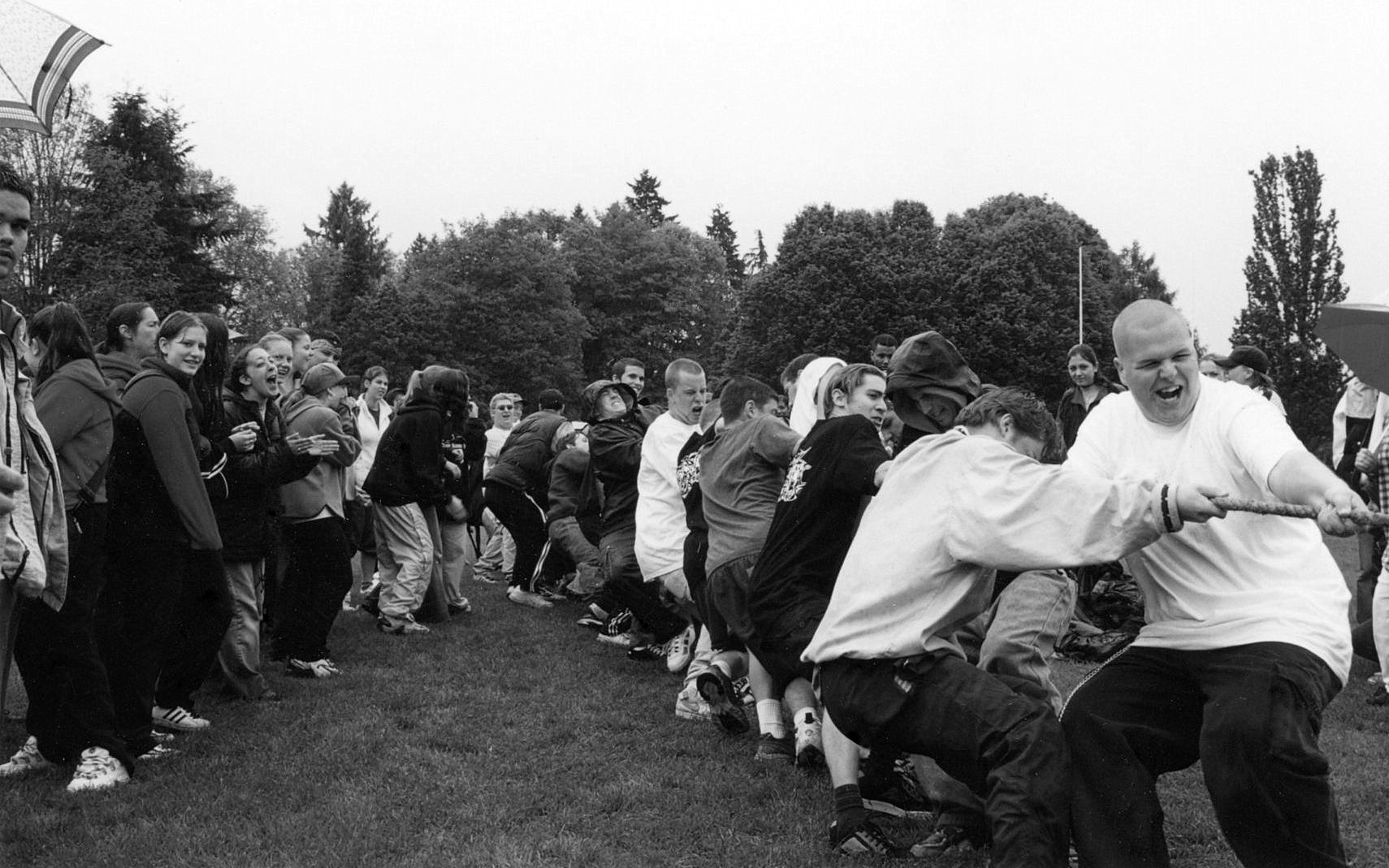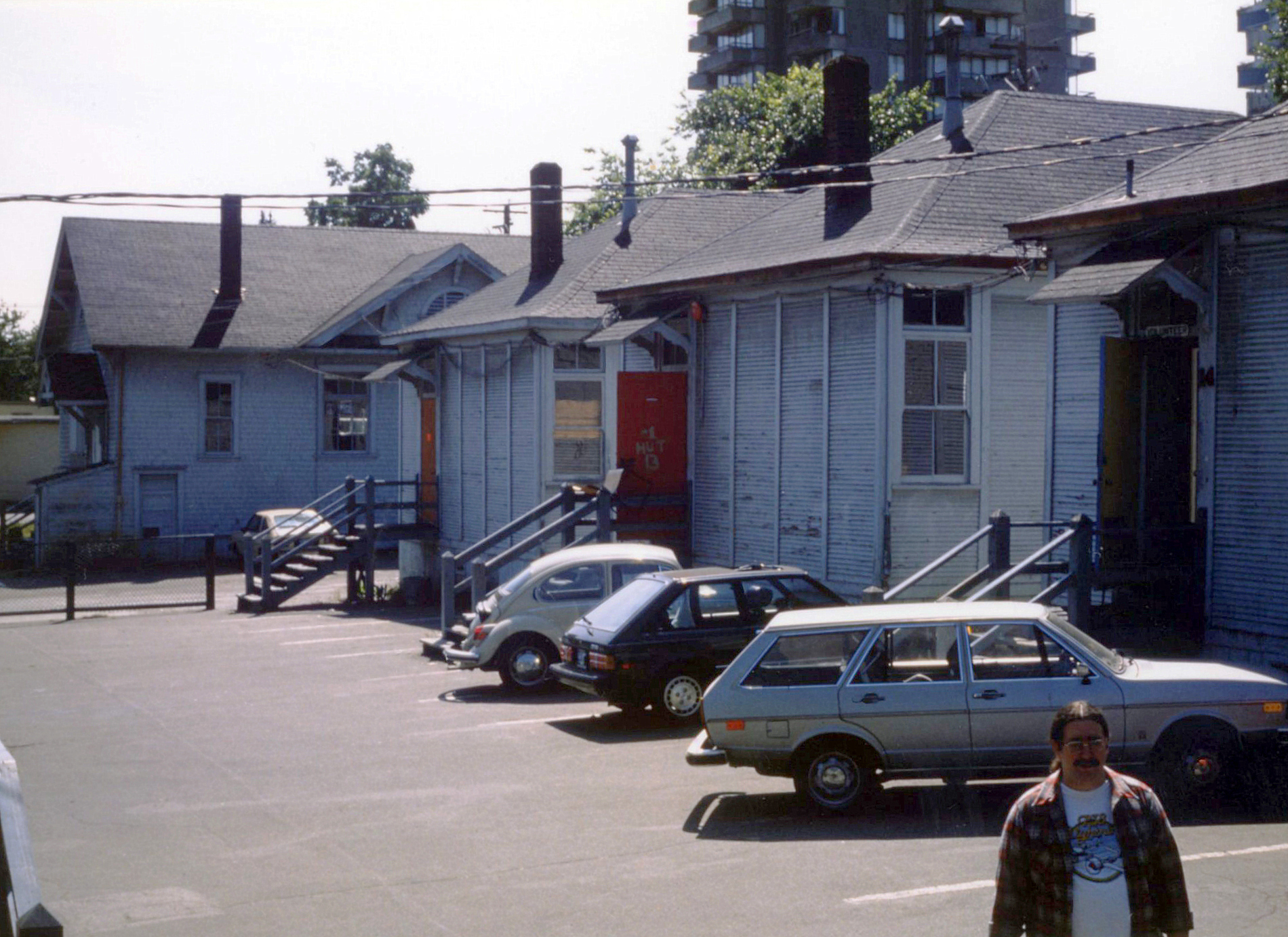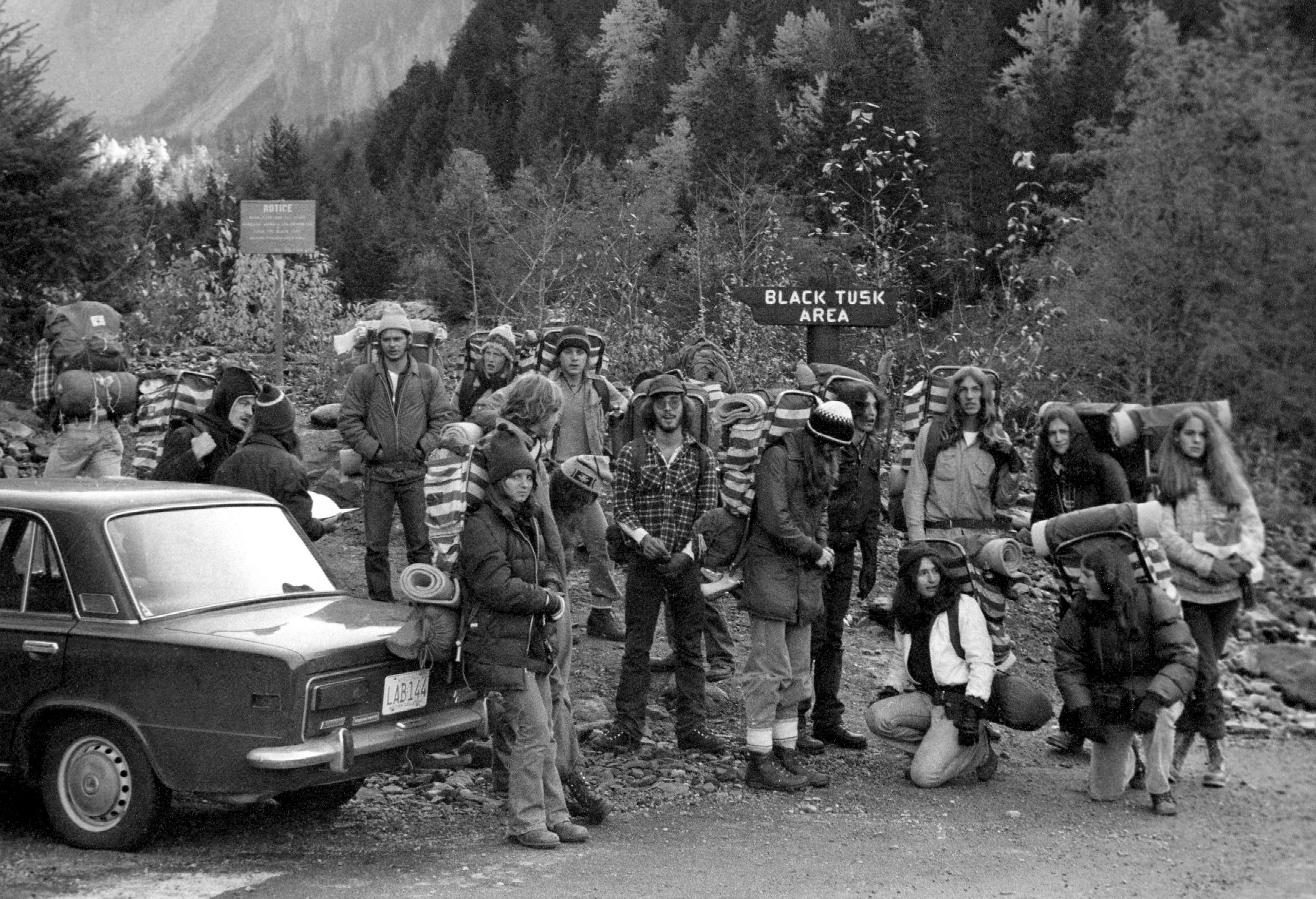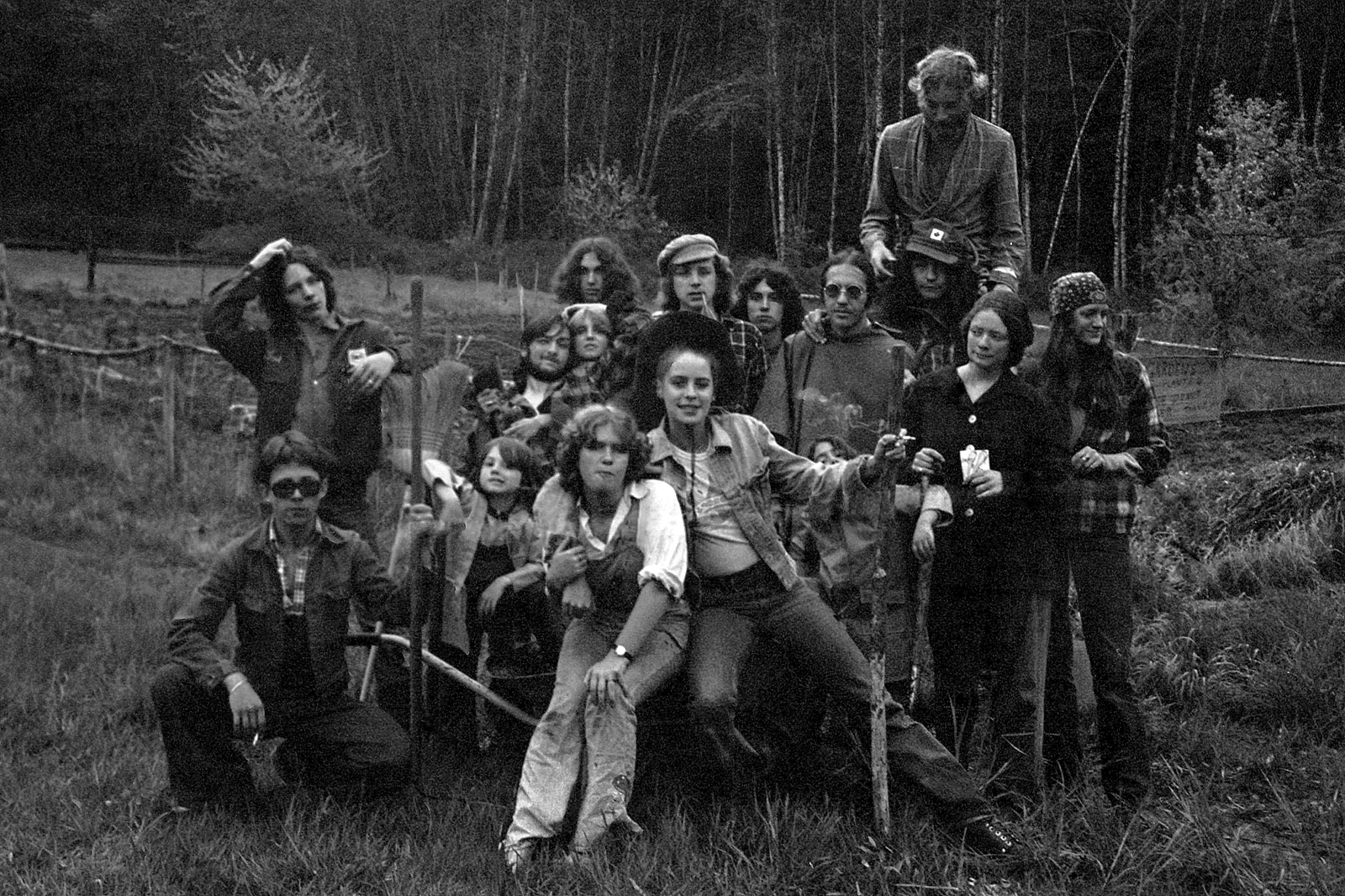TOTAL EDUCATION Alternate Program
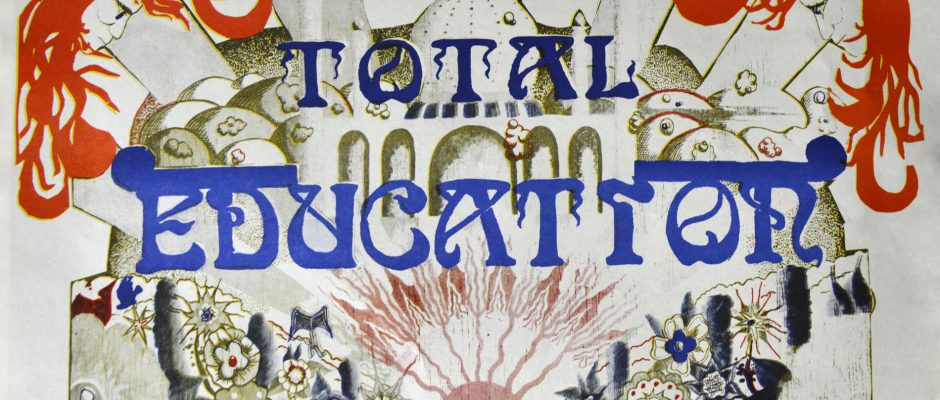
STATEMENT OF VALUES (June, 1972)
These values were arrived at by the students and teachers at Total Education after two years of experience. They define the goals of our education. They serve to orient new students so that they can decide if Total Education matches their goals. It is essential that a clear understanding of our expectations of each student be arrived at before a student enrolls. Periodically throughout the year, both teachers and students can re-examine these values, and measure our progress.
Concern for others
At one extreme a person may be concerned solely for his own needs, and ignore the needs of others. At the other extreme a person may sacrifice his needs to please others. We aim at a balance between responsibility for one’s self and responsibility for others. People should not only be interested in their own education, but in helping others with their education. Working cooperatively we learn well together and serve each other. Students are expected to teach other students whenever they can, and to set a good example.
Attendance
Regularity of attendance is one measure of a person’s commitment to his own education. A commitment to learning is vital for success at this school. We recognize that learning does not take place only at this school, and attendance can be examined with this in mind. The quality of a. person’s activities outside of school is also important. Nevertheless a learning community can only exist through frequent and reliable contact between the people.
Activities
Some students are involved in many activities, both at school and away from school. We feel that it is extremely important to have a variety of interests and activities. The school provides many opportunities for action and support, and it is the student’s job to take advantage of this and to learn. A student who does not engage in activities will be unsuccessful, and may not belong in school.
Initiative
Students should initiate projects, classes, speakers, and activities for themselves and other students. A person who initiates will feel more responsible for the success of the school, and will feel more important. A lively environment is possible only if each person provides experiences for each other, rather than simply awaiting service from others.
Support for Group Efforts
The success of a group depends on each person’s willingness to accept direction arrived at by group consensus. This means that sometimes one must be willing to work to further the plans of other’s. Effective decision making in groups depends on each person’s views being expressed, with the goal of resolving differences to promote unity.
Reflection
Reflection is the awareness a person has of his own actions, and the willingness to take responsibility for them. Implicit is the ability to listen to criticism from others as an aid to self-awareness. An effective person can reflect accurately and honestly on what he is doing, and welcomes the comments of others.
Understanding of Other People
This is a measure of a person’s understanding and ability to relate to other people. To relate well with others is important in being a happy and creative person. Students should be able to see others as complete persons, and not to relate merely to a person’s role.
Power and Authority
Students should struggle to understand their fears of power and authority. At this school we recognize that authority arises from an individual’s personality, knowledge, and skill, and not given to him from above through his role. This natural authority is available to all, and should be respected. Power is the ability to get things done, and students are encouraged to participate in school activities to the limits of their power, and not to defer to people with greater power. Power is not to be used to assert one person over another, but should be used to advance the whole group, and to provide organization and activities to further our education.
Sincerity and Honesty
A student should be honest with himself and with other people. Evasiveness and defensiveness prevent worthwhile relationships between people from happening. A student can learn that false-fronts are unnecessary to be accepted here, and he can choose how to act.
High School Organizers Retrench
by JACKIE WELLER
“The only correct way to educate our youth is to regulate our youth… and that is to regulate what he sees and reads.” Adolf Hitler, Mein Kampf
Once again high school students in the Lower Mainland are organizing to try to change the schools. Late in October, this message was publicized in the media and sent around to each high school Student Council:
S.I.R.
-Students’ information and rights. We are a group of people working towards a recognized Student Union comprising students from all high schools in the Greater Vancouver area. Initially we propose to create an awareness of students’ rights, students’ political power, survival for students. We believe that students are an op-pressed majority within the public school system and feel that schools can be made more human through student power. By this we mean. why are you not asked to help plan what you will be learning?; why do teachers do most of the talking?: why are students labelled smart or dumb?; why do a set percentage of students have to WV HAVE YOU THOUGHT OF WHY YOU GO TO SCHOOL?
The students who wrote this message were from Total Education School, an independent school for dropouts which is supported by the Vancouver School Board. And the thing that prompted their action was frustration – the frustration of feeling powerless, of being taken advantage of by the educational system:
“What probably started SIR was the realization that students have so few civil rights, and that they don’t tell us the ones we do have!”
Shelley Lewis is a grade eleven student at Total Education school this year. Last year she was suspended from Vancouver’s Eric Hamber Secondary for non-attendance. Her suspension came at the end of the school year – in June – and the administration advised her not to come back.
At that point Shelley decided that she did not want to go back to a regular public school, even though it meant leaving her old friends at Hamber. After investigating the alternate school situation in Vancouver, she ended up at Total Education:
“The people here are really great – if you’ve got a problem you can talk it over with them … I’m really grateful for this school. If it wasn’t for this school I would have quit this year. I would have worked if I could get a job but now I want to help the public schools – I could never go back to them – but I want to change them.
That’s why I got involved with SIR. I know what it’s like to get locked into a room; or to get called down to the office for smoking in the can or running down the hall. It used to be worse, I know, before I got into school; it has improved in the last five years, but it still isn’t good enough. T here are many changes that have to be made …”
Fifty-five people responded to the first SIR message by showing up for a meeting on October 24th. They represented seven high schools from throughout Vancouver, Burnaby, and North Vancouver. The meeting was enthusiastic and lively, with many ideas tossed back and forth.
At the second meeting, a week later, SIR picked three priorities for action arid split into groups to deal with each. One group would concern itself with organizing workshops for students to find out more about alternatives to the present educational system. Another would work on re-wording and further developing the controversial Student Charter (Bill of Rights) that proposes basic civil and academic freedoms for high school students. And the third, the political group, would work to support those school board candidates in the December elections who agreed with such policies as rights for students, freedom of attendance, and student voice in curriculum and teaching methods.
John Sawyer was talking about his experiences in grade nine at Kensington Junior Secondary in Burnaby North:
“I’d been away for eight months, travelling with my mother the year before. So I’d come back to public school in the second month of grade nine, and been totally zapped by the social status system of the kids there. The boys either had to be greasers – to be able to beat up anyone else; to be tough and to drop acid, and smoke dope, and be drunk all the time – or you could be a suck – getting good marks, etc. At the time I didn’t think there was any in-between, but there was. There were about ten people out of 1200 who were in-between (not counting the hangers-on of the two groups). I am disliking this and am also disliking the petty rules of the school system.
About that time there was a general meeting for the Albert Street School. It was a new alternate school opening outside the public system in Burnaby. Actually, my mother talked me into going, but I liked what I heard at that meeting and so I applied to go to Albert Street, and went there til the end of the school year.
The next year Albert Street wasn’t around, and I had both parental and personal pressure to do something. I thought about going back to school. It was easier to have a structure to help motivate me. Anyway, I ended up going to Total Ed.
While at Total Ed., I heard some of the other kids talking about an organization of students to encourage change in the public system. I guess I was optimistic and feeling revolutionary, so I got involved in SIR.
I’m very interested in the Student Bill of Rights, and I also like the concept of the community school that the NDP’s talking about civically – the thing where students, parents, citizens, and teachers all decide what the school will be. At Albert Street a guy did a course about neighbourhood government, I guess that was what got me thinking along those lines.
During the month following the second SIR meeting, the three groups engaged in various activities, some of which were successful and some, inevitably were not. One of the students from the political group worked with Metromedia to produce a programme on the School Board candidates for Channel 10. She helped prepare the questions and helped interview the COPE, NDP, NPA, and TEAM people. While interviewing the candidates, she invited them along to the next general SIR meeting, in the middle of November, as a way for the candidates to hear the concerns of the students, and for the students to get to know where each candidate stood.
Through a failure in communication, other students in SIR were not warned that the candidates were coming. At the meeting, unprepared and feeling a bit intimidated, the students were ineffective in pinning them down in support of what they wanted.
Further chaos reigned at SIR’s first Sunday afternoon workshop, the advertised location of which was changed at the last minute through no fault of the students. Despite this confusion, of 25 people in attendance, ten were new faces.
Three films were planned – only one showed up, and then the projector broke down. But the workshop continued on with some lively discussion of tactics and plans for ‘street theatre’ in the schools.
Later in November, at the NDP convention, some SIR people approached Eileen Dailly (Education Minister), and got a favourable reaction to art idea of getting together for a long discussion with her in the future. Arid so, bravely fighting in the face of innumerable odds, SIR continues the tradition (since 1967) of high school activism in the Lower Mainland. For organizing high school students must surely be one of the hardest and most frustrating of jobs. Consider the problems: the physical distance between schools and lack of communication links between them; the lack of experience in working collectively; the lack of experience in many aspects of political organizing; ignorance of the laws and the politics of their situation; adverse pressure and sometimes threats of dismissal, from school and parents. And, of course, that old morale-destroyer: apathy.
Heather Robinson is in grade 12 at Burnaby South and is a class representative on the Student Council. Heather turned up at a SIR meeting out of curiosity. She agrees that there should be changes in the high schools, although she can’t see the idea working in her school. Her Student Council two weeks ago held an assembly of students of the school to propose that an attendance policy whereby students got automatic marks just for attending a class, should be done away with. The council stuck its neck out by doing this, as many teachers became hostile at the idea of students wanting a say in the matter. Much to the council’s extreme disappointment, the majority of students did not back them up in the vote to see the policy changed; the proposal was rejected. Heather says bitterly, “Some students wanted their little pat on the back, and some just didn’t care.”
The mere fact that high school students should try once more to band together and win their franchise against such odds is a wonderful thing. Hopefully, the idealism, the enthusiasm, and the imagination of SIR members and other school activists can carry them through the times of failure, confusion, and apathy.

